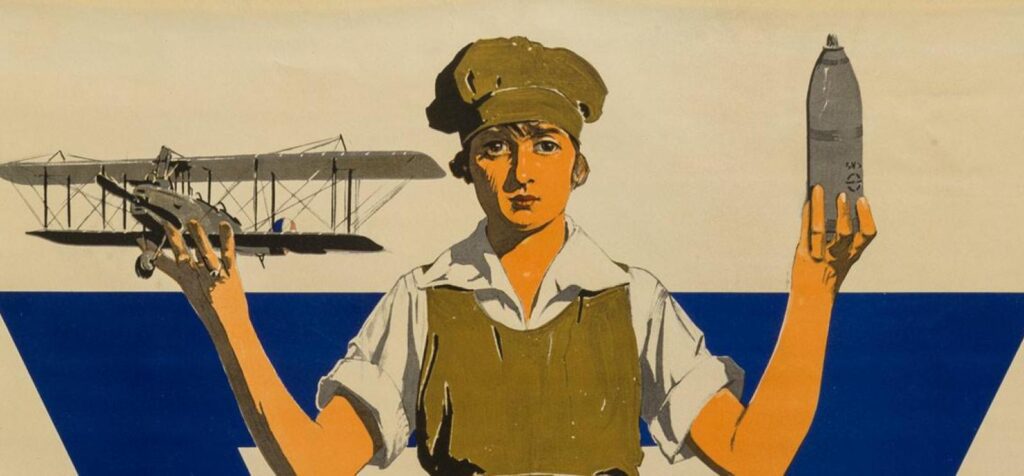Women on the Frontlines: Their Role in World War I
World War I, also known as the Great War, was a global conflict that lasted from 1914 to 1918 and involved millions of soldiers and civilians from various countries. While men were the primary combatants in the war, women also played crucial roles on the frontlines, providing support and services that were vital to the war effort.
One of the most significant roles that women played in World War I was as nurses and medics. Thousands of women volunteered to serve as nurses in military hospitals and field hospitals, caring for wounded soldiers and providing medical aid. These women worked long hours under difficult conditions, often risking their own lives to save others.
With many men fighting on the frontlines, women stepped up to take on roles in factories and industries that were crucial to the war effort. Women worked in munitions factories, producing weapons and ammunition for the military. They also worked in other industries, such as textiles and agriculture, to ensure that supplies were maintained and production continued despite the absence of male workers.
Women also played important roles in communications and intelligence during World War I. Many women worked as telegraph operators, transmitting messages between military units and headquarters. Others served as codebreakers, deciphering enemy codes and providing valuable intelligence to military leaders. These women played a key role in keeping troops informed and helping to secure victories on the battlefield.
Women were also involved in propaganda and recruitment efforts during World War I. Women’s organizations and activists worked to promote patriotism and support for the war effort among civilians. They also played a role in recruiting men to join the military, encouraging them to enlist and serve their country. These efforts were crucial in mobilizing resources and support for the war.
In conclusion, women played vital roles on the frontlines of World War I, providing essential support and services that were critical to the war effort. From nurses and medics to factory workers and intelligence operatives, women contributed in numerous ways to the success of the Allied forces. Their bravery and sacrifice should not be forgotten, as they made significant contributions to the war and helped to shape the course of history.
Women on the Frontlines: Their Role in World War I
World War I, also known as the Great War, was a global conflict that lasted from 1914 to 1918 and involved millions of soldiers and civilians from various countries. While men were the primary combatants in the war, women also played crucial roles on the frontlines, providing support and services that were vital to the war effort.
Nurses and Medics
One of the most significant roles that women played in World War I was as nurses and medics. Thousands of women volunteered to serve as nurses in military hospitals and field hospitals, caring for wounded soldiers and providing medical aid. These women worked long hours under difficult conditions, often risking their own lives to save others.
Factory Workers
With many men fighting on the frontlines, women stepped up to take on roles in factories and industries that were crucial to the war effort. Women worked in munitions factories, producing weapons and ammunition for the military. They also worked in other industries, such as textiles and agriculture, to ensure that supplies were maintained and production continued despite the absence of male workers.
Communications and Intelligence
Women also played important roles in communications and intelligence during World War I. Many women worked as telegraph operators, transmitting messages between military units and headquarters. Others served as codebreakers, deciphering enemy codes and providing valuable intelligence to military leaders. These women played a key role in keeping troops informed and helping to secure victories on the battlefield.
Propaganda and Recruitment
Women were also involved in propaganda and recruitment efforts during World War I. Women’s organizations and activists worked to promote patriotism and support for the war effort among civilians. They also played a role in recruiting men to join the military, encouraging them to enlist and serve their country. These efforts were crucial in mobilizing resources and support for the war.
Conclusion
In conclusion, women played vital roles on the frontlines of World War I, providing essential support and services that were critical to the war effort. From nurses and medics to factory workers and intelligence operatives, women contributed in numerous ways to the success of the Allied forces. Their bravery and sacrifice should not be forgotten, as they made significant contributions to the war and helped to shape the course of history.
